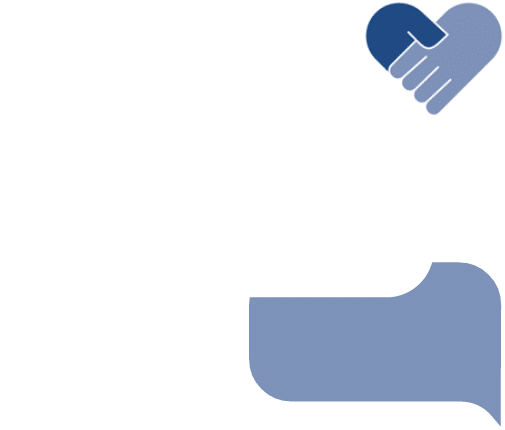Addiction and Mental Health Intervention Services in Wisconsin and Nationwide for Families of Loved Ones in Need of Help
Our S.A.F.E.® (Self Awareness Family Education™) Intervention Services offers Help and support for Addiction and Mental Health in Wisconsin before your loved one asks for help or experiences further consequences
How often have you heard someone say you can do nothing unless the person wants help, asks for help, or hits bottom? Because there is some truth to that, let us break that down. A person with addiction and mental health disorders must feel the consequences to see the need for change. The consequences and accountability for the behaviors that create problems must become more significant than the comfort that is felt that would cause someone not to address the issue. In a vacuum, we can see how that makes sense. Since addiction and mental health do not exist in a vacuum, nor is it a victimless crime, what can be changed? The answer addresses one of the number one predictors of outcomes: the environment. Any addiction and mental health professional in Wisconsin or anywhere else knows that the client-counselor relationship and the environment are the two most important factors that can lead to success for both the family and their loved one. We include family in the environment because families can significantly impact whether the loved one with addiction and mental health struggles asks for help, wants help, and feels the impact of the negative choices and decisions. We know Al-Anon says you can’t control it. We believe you can control many parts by changing the family’s approach that affects the environment of your loved one, and our experience tells us you can.
If someone does not feel they have to change, they won’t. When families ask how we will get them to say yes, we respond by saying, with your help. At Family First Intervention, we address the problem from the inside out. We focus on several things, including the client-counselor relationship, the environment, and the family system. Within the family system, unhealthy family roles often prevent the loved one from wanting help, asking for help, or feeling the consequences. Rather than try to change the person with the problem, we must change the environment that keeps the person from feeling the pain. Al-Anon is correct; you can’t directly control someone with addiction and mental health struggles. You can change much of what directly affects them and their decision to take action or remain stagnant. The second stage of change is called the contemplation stage. When the person needing help sees the benefits of doing something about their addiction or mental health rather than doing nothing about it, they make a change. If we can’t move someone with an addiction or mental health disorder out of the second stage of change, they will remain there, bringing the family down. When they move out of stage two, they prepare for treatment and take action by going to treatment; these are the third and fourth stages of change.
Meet Our Experienced Intervention Counselors

Mike Loverde, MHS, CIP
Clinical Director & Founder, Family First Intervention



Lisa Loverde, CADC
CFO & Compliance Officer
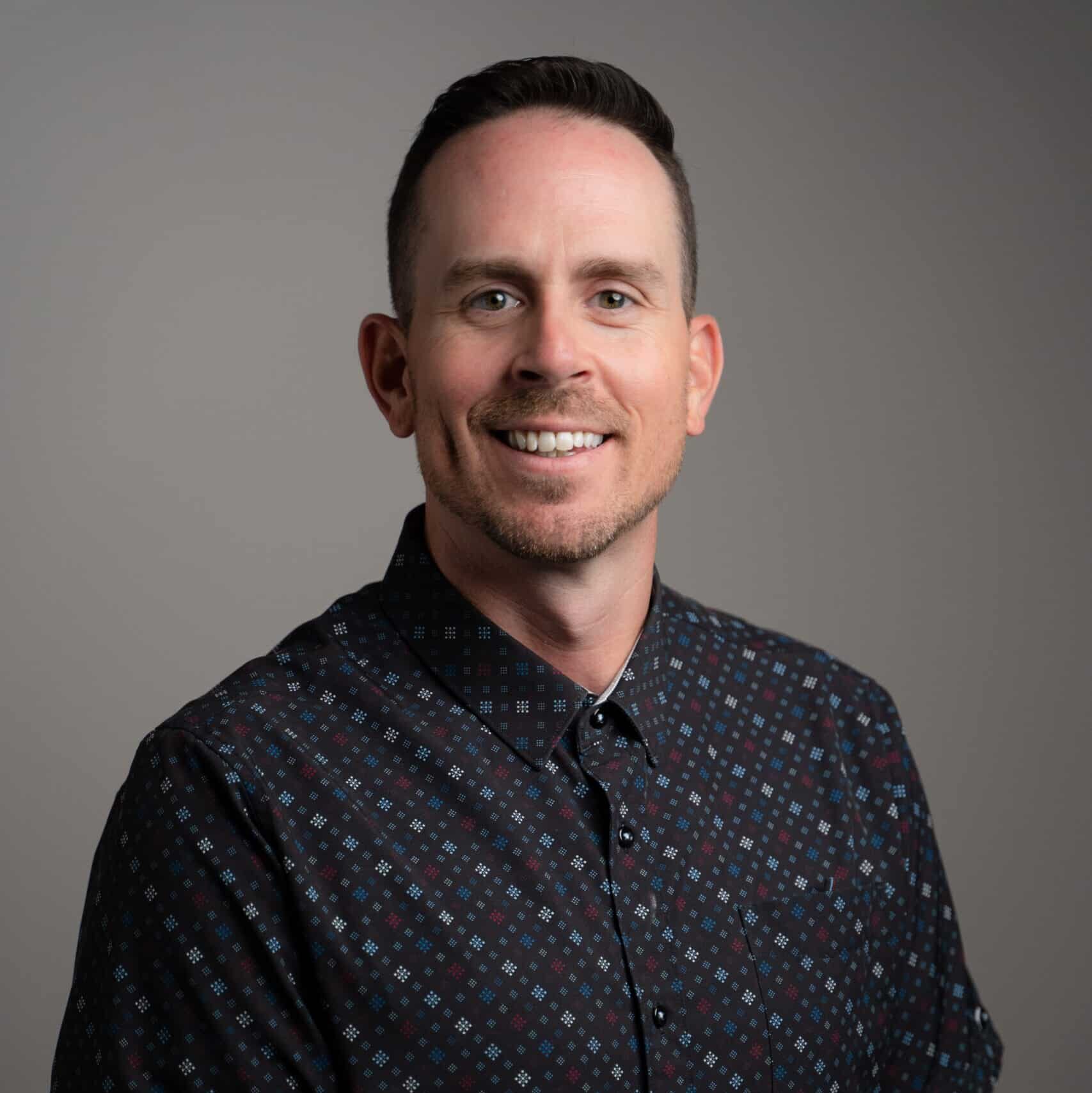


Adam Faulkner
CEO
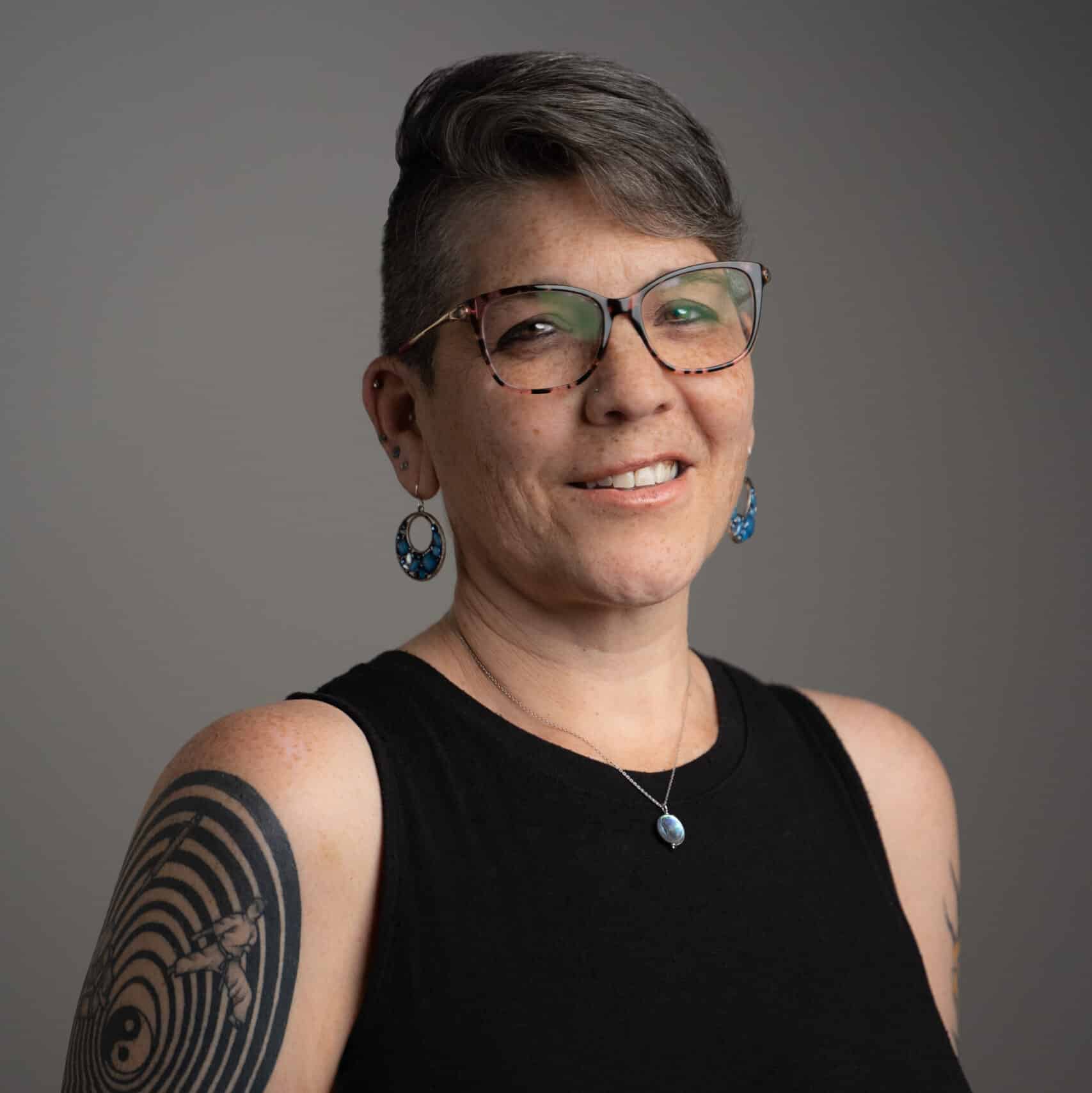


Regina Greene, MS, NLP, Psy.D. (Doctoral Candidate)
Director of S.A.F.E.® Family Recovery
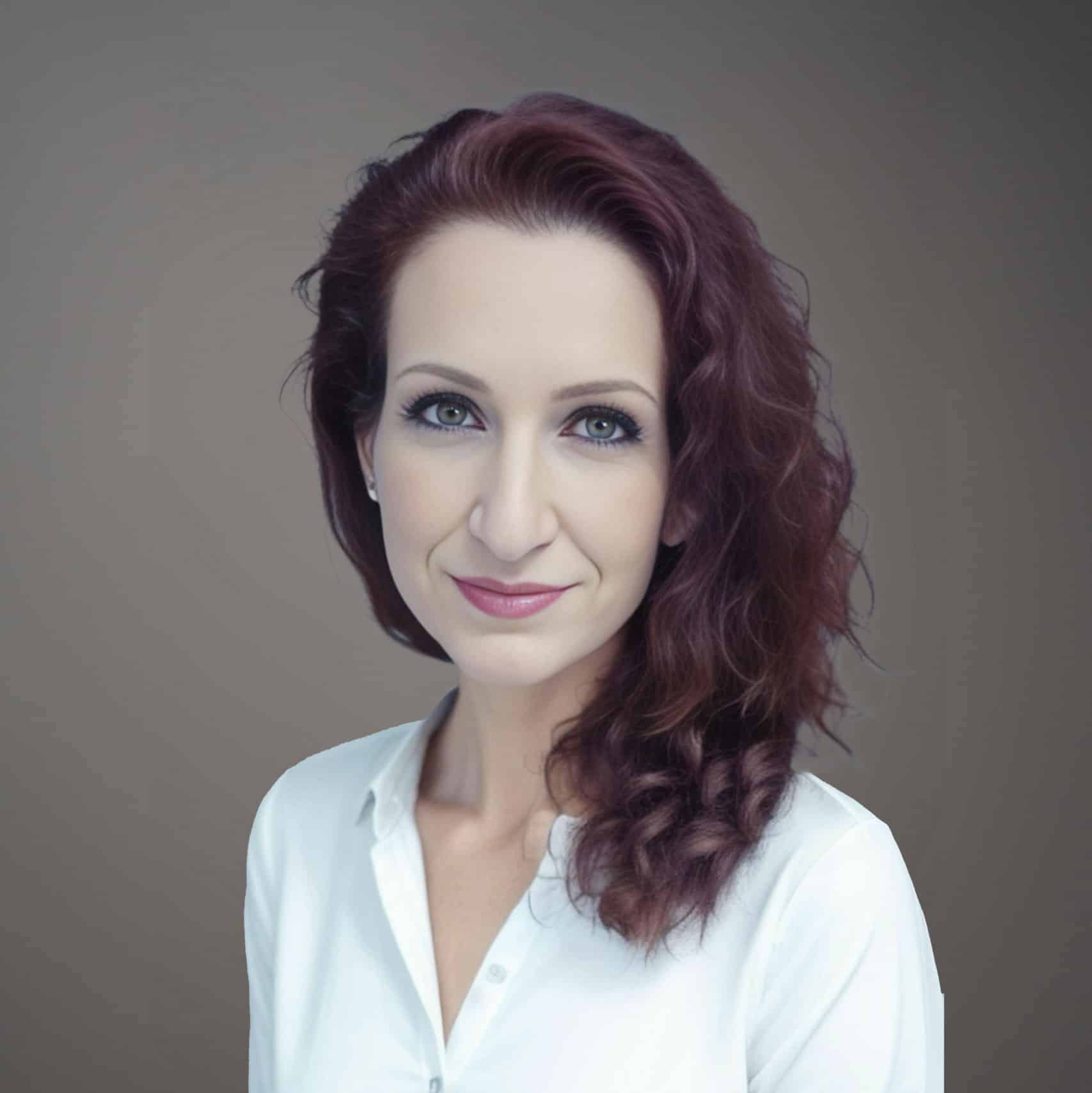


Lydia Negron, MT-BC
S.A.F.E.® Family Recovery & Post Intervention Support
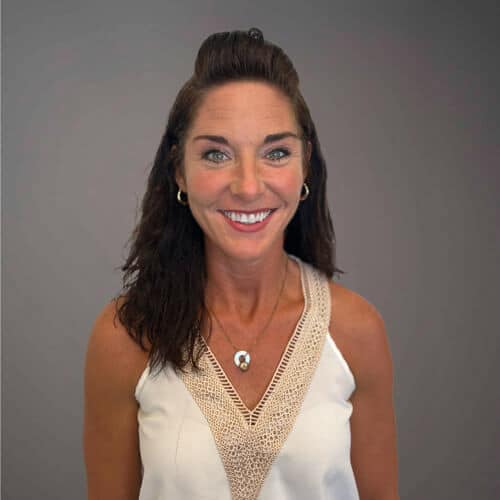


Meghan Gaydos, MA
S.A.F.E.® Family Recovery & Post Intervention Support
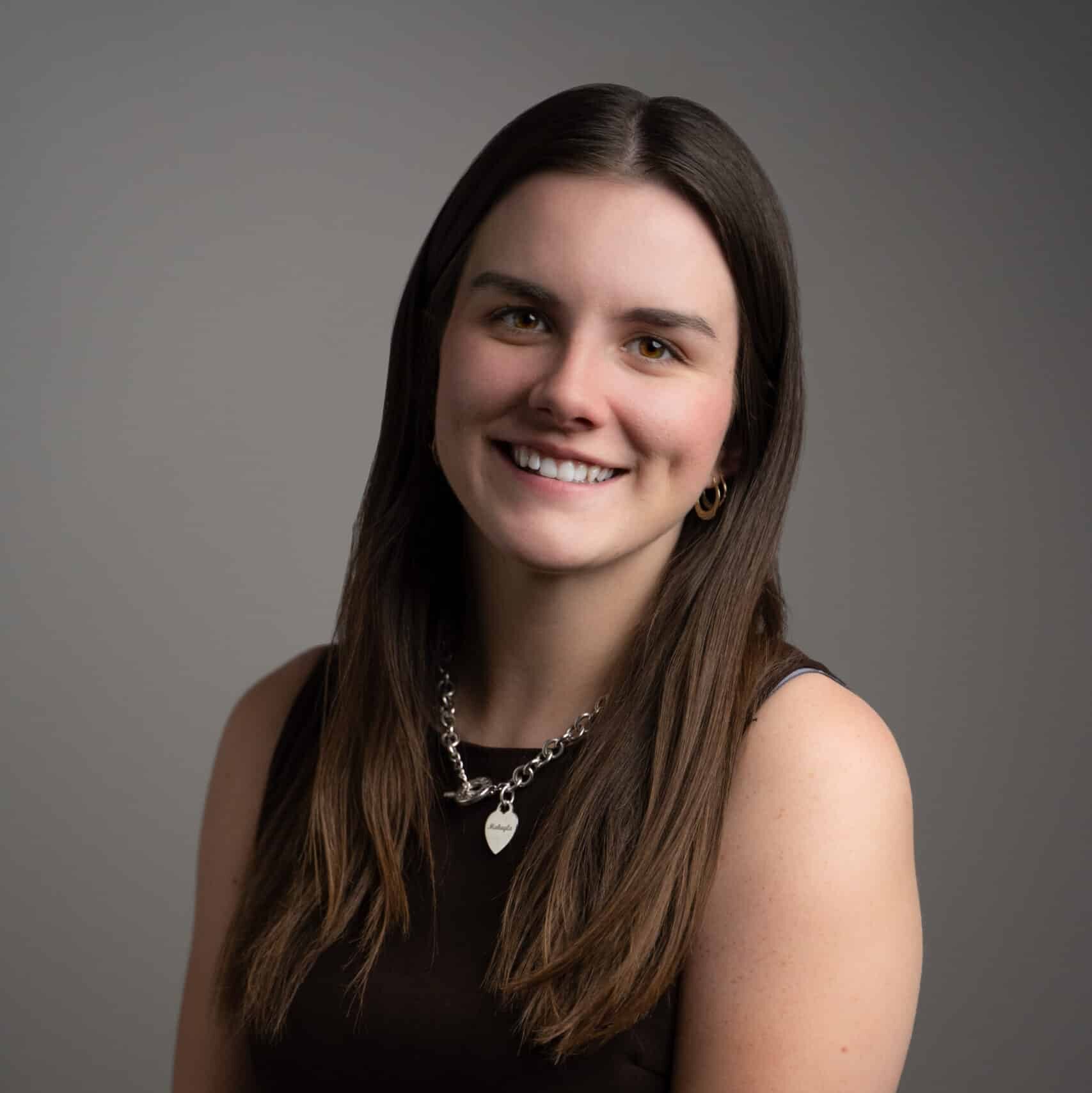


Makayla Zubal
Administrative Assistant
An intervention is not about how to control your loved one with a substance use or mental health disorder; it is about learning how to let go of believing you can.
How our S.A.F.E.® Intervention Services in Wisconsin for Mental Health, Alcoholism, & Drug Addiction Can Help
Starting with your first call to our office, we process your situation and work with you on your fears of intervention and family members on board and others not. One of our biggest challenges is the family committing to the process due to fear and distorted thinking behind the lenses of a dysfunctional family role. Our addiction and mental health intervention services in Wisconsin and across the country start addressing the environment and family with the first call and carry through to our S.A.F.E.® Family Recovery Coaching after the Intervention. Our goal is not to unearth family secrets, although they are often volunteered once families settle into the process. Our goal is for families to identify how addiction, mental health, and behaviors have created counterproductive family roles, maladaptive coping skills, and thoughts preventing everyone involved from improving the quality of their lives.
The pre-intervention meeting consists of the addiction and mental health interventionist and family, not the IP (intended patient). We will use our S.A.F.E.® Intervention and Family Recovery Coaching manual as a guide during this meeting. We start preparing you for after the intervention as much as we prepare for the face-to-face intervention that happens the day after the family meeting. Many families focus on what happens tomorrow and need to be made aware of what happens the days following the intervention. Families will have difficulties navigating the change that occurs regardless of the outcome. Interventionists in Wisconsin or anywhere else who only focus on your loved one going to treatment are not doing an intervention; they are giving a speech and performing a twelve-step call. Twelve-step calls are a free service conducted by members of Alcoholics and Narcotics Anonymous. The face-to-face intervention with the family and their loved ones is a small part of the intervention services. There is far more work and difficulty for families to commit to the process and even more work and difficulty for families to stay on track after the intervention. Having done interventions in Wisconsin, the Midwest, and the entire country since 2005, we know what will happen after the intervention and why. Our S.A.F.E.® Intervention Services support you through what happens next. Families do not believe us when we tell them what will happen. Families are beyond grateful for our predictability when they realize it is happening. Hiring a solo Wisconsin interventionist with no support staff only covering enabling 101 cannot handle what your family will need after the intervention. It would be best to have a team of intervention professionals for what is required for a clinically based intervention.
Resources in Wisconsin and Nationwide for Interventionist & Treatment
There are intervention and treatment resources in Wisconsin. These resources may not always best fit your family, loved one, and addiction or mental health treatment needs. The two most significant predictors of outcomes are the environment and the client/counselor relationship. The one or two local interventionists you find in Wisconsin may not be the right fit for you. Even with our presence in Wisconsin, we do not always send our Wisconsin addiction and mental health intervention professionals. We have multiple resources in Wisconsin and across the country, so when we have completed our assessment, we can pair your family and your loved one up with who may be the best person to fulfill the client/counselor relationship. A local interventionist cannot do that, and you’re rolling the dice on everything lining up if you go with a local solitary interventionist with no ongoing family support staff.
Regarding addiction and mental health treatment resources, most people in Wisconsin know that your resources for long-term effective treatment are few and far between. Even with the few resources available locally, they may not be the best fit for your loved ones’ condition. With our team and assessment process, we can offer you an option or options that may be better suited for you, your loved one, and the problems that need to be addressed. Through our intervention services assessment, we will work with your family to ensure we have looked at all the available resources, whether in Wisconsin or elsewhere, to increase the probability of a successful recovery for you, your family, and your loved one.
“The most formidable challenge we professionals face is families not accepting our suggested solutions. Rather, they only hear us challenging theirs. Interventions are as much about families letting go of old ideas as they are about being open to new ones. Before a family can do something about the problem, they must stop allowing the problem to persist. These same thoughts and principles apply to your loved one in need of help.”
Mike Loverde, MHS, CIP


